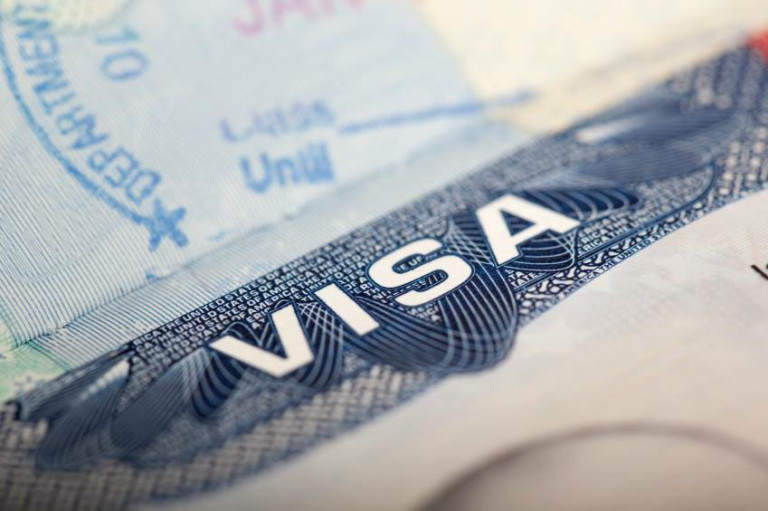On Friday, January 24, 2020, the Department of State (DOS) published a new regulation, effective immediately, prohibiting “birth tourism” – applying for a visa or travel to the U.S. for the purpose of giving birth to obtain U.S. citizenship for a child.[1]
The regulation changes the activities allowed under a B1/B2 visitor visa. Specifically, the rule establishes that travel to the U.S. with the primary purpose of obtaining U.S. citizenship for a child by giving birth in the U.S. is an impermissible basis for the issuance of a B visa. A consular officer only needs to have a reason to believe that the applicant will give birth during her stay in the U.S. to presume that the primary purpose of the travel is to obtain U.S. citizenship for the child. In addition, any visa applicant seeking medical treatment in the U.S. will be denied if he or she is unable to prove that: a) the medical practitioner or facility has agreed to provide treatment, and b) he or she has the lawful means to pay for the treatment and all incidental expenses. 22 CFR §41.31(b)(2).
Although DOS officials have stated that the rule is designed to be used at the time of visa application and issuance, it’s not clear how the rule will be used against those who already have or receive B visas valid for multiple entries during a 10-year period, and subsequently seek admission to the U.S. to give birth in the U.S. The rule states it does not change the standards enforced by the Department of Homeland Security (DHS), but B visa holders travelling to the U.S. who could give birth in the U.S. should exercise caution. DHS has the power to cancel visas at the port of entry (POE). DHS could find that a person’s current intent to give birth in the U.S. to obtain U.S. citizenship for the child is not consistent with a B visa, and cancel the visa.
The rule does not address revocation or denial of renewals of B visas for people who previously gave birth to children in the U.S. However, our office has received inquiries from individuals whose B visas were denied/revoked for a previous birth. In one family, the mother was denied a renewal, and the father’s existing visa was revoked. Their child was born in the U.S. two years ago, they had paid the hospital the fees requested, and they had pre-arranged the trips with the facility. Therefore, B visa holders who previously had a child born in the U.S. should also exercise caution in visiting the U.S.
The consequences of being refused admission at the POE can be severe. First, the medical considerations are paramount for a pregnant woman being retained for lengthy questioning and facing a long return journey. Second, the refusal would cancel the visa, and the foreign national may be denied a new visa at the consulate. Third, DHS could issue an expedited removal order, which would carry a five-year bar to returning to the U.S. There is no right to appeal an expedited removal order.
It’s not yet clear how airlines will administer this rule as to boarding pregnant women, since airlines face fines[2] of up to $5,345 for transporting someone DHS turns away as unauthorized to land. See INA §271. Travelers facing scrutiny from the airline may request the airline to contact U.S. Customs and Border Protection through the carrier liaison program[3] to confirm eligibility to travel.
If you have had a child in the U.S. on a B visa, or are pregnant and intend to travel to the U.S. on a B visa, contact our office to discuss whether and how the new rule could affect you.
[1] https://www.govinfo.gov/content/pkg/FR-2020-01-24/pdf/2020-01218.pdf
[2] https://www.cbp.gov/sites/default/files/assets/documents/2019-Mar/2019%20Carrier%20Information%20Guide%20-%20ENGLISH.pdf
[3] https://www.cbp.gov/travel/travel-industry-personnel/carrier-liaison-prog

